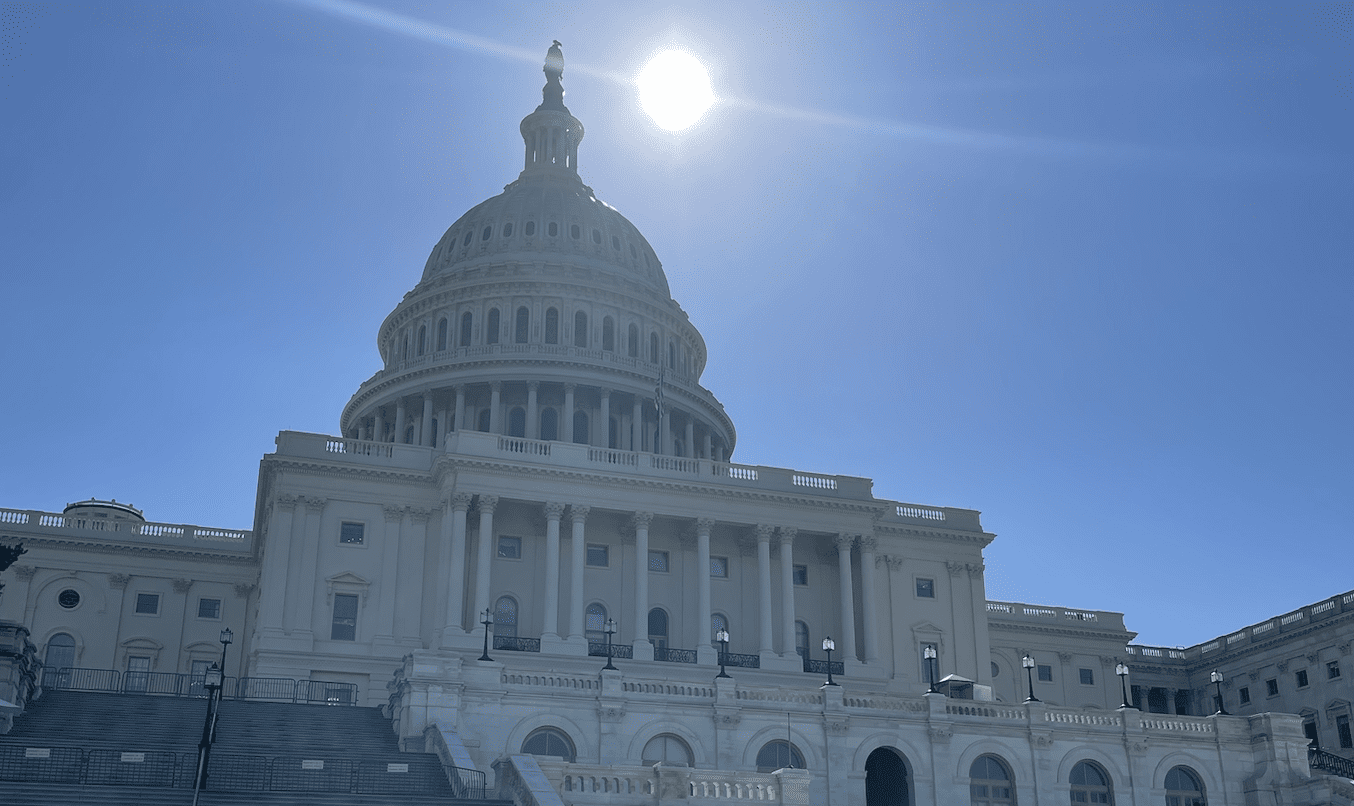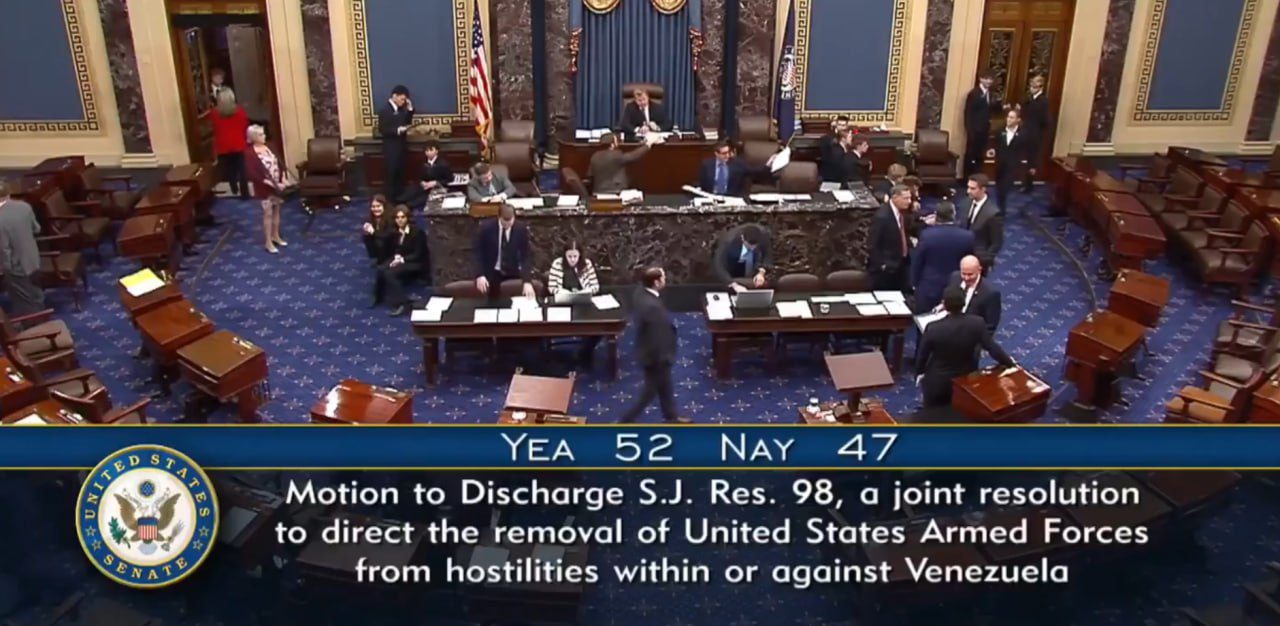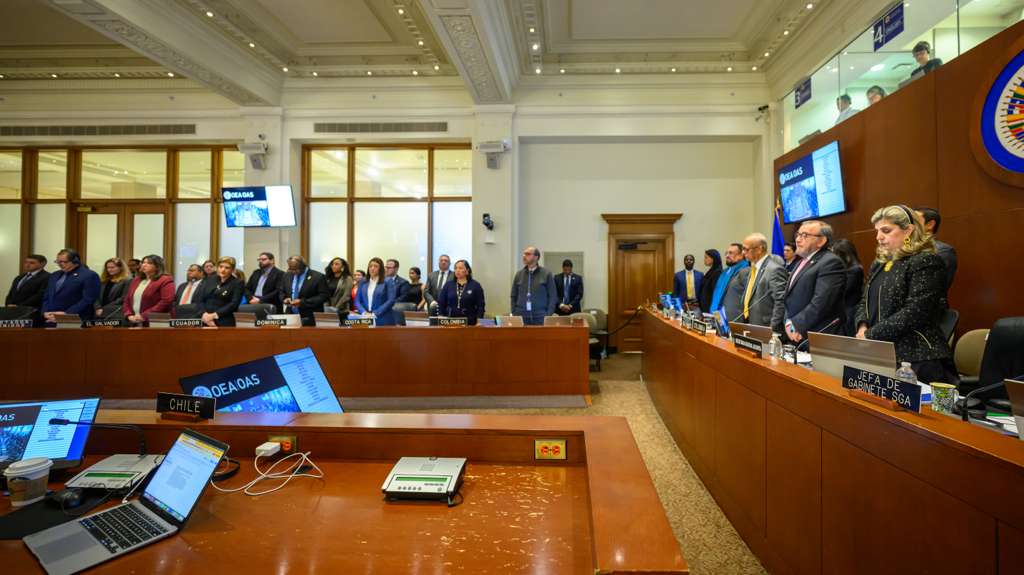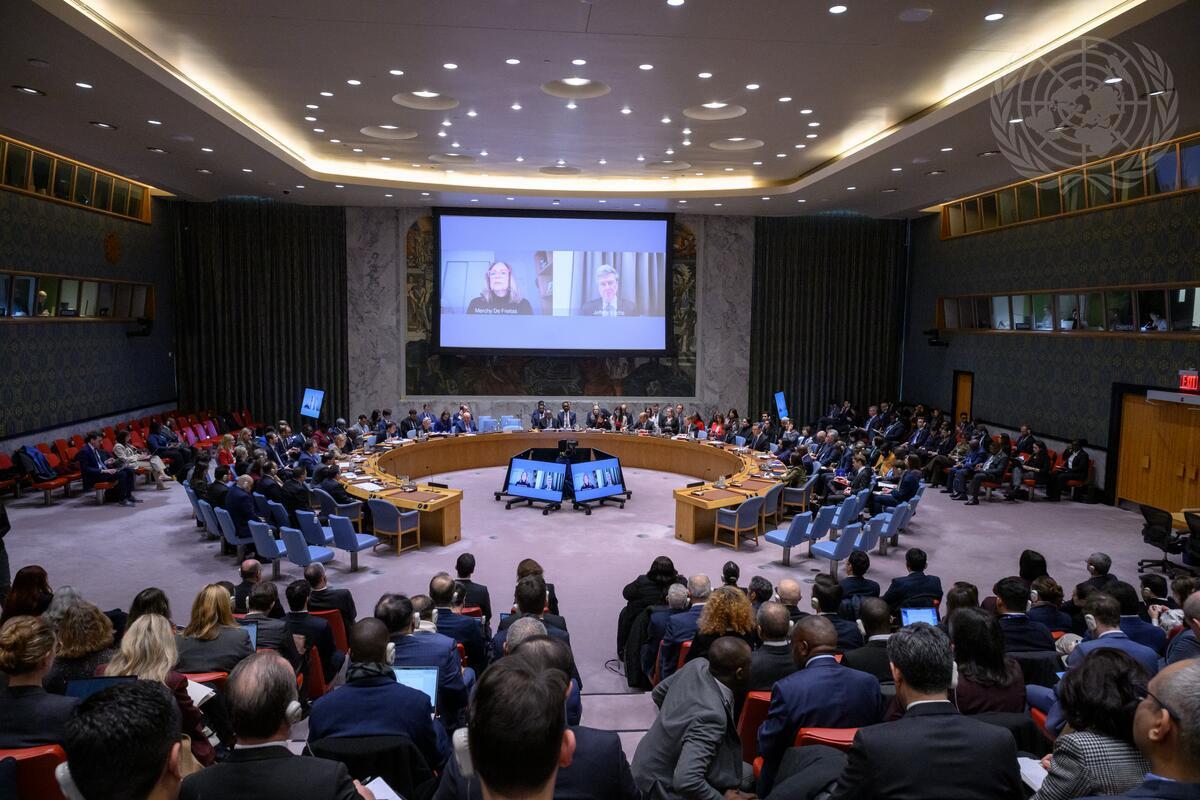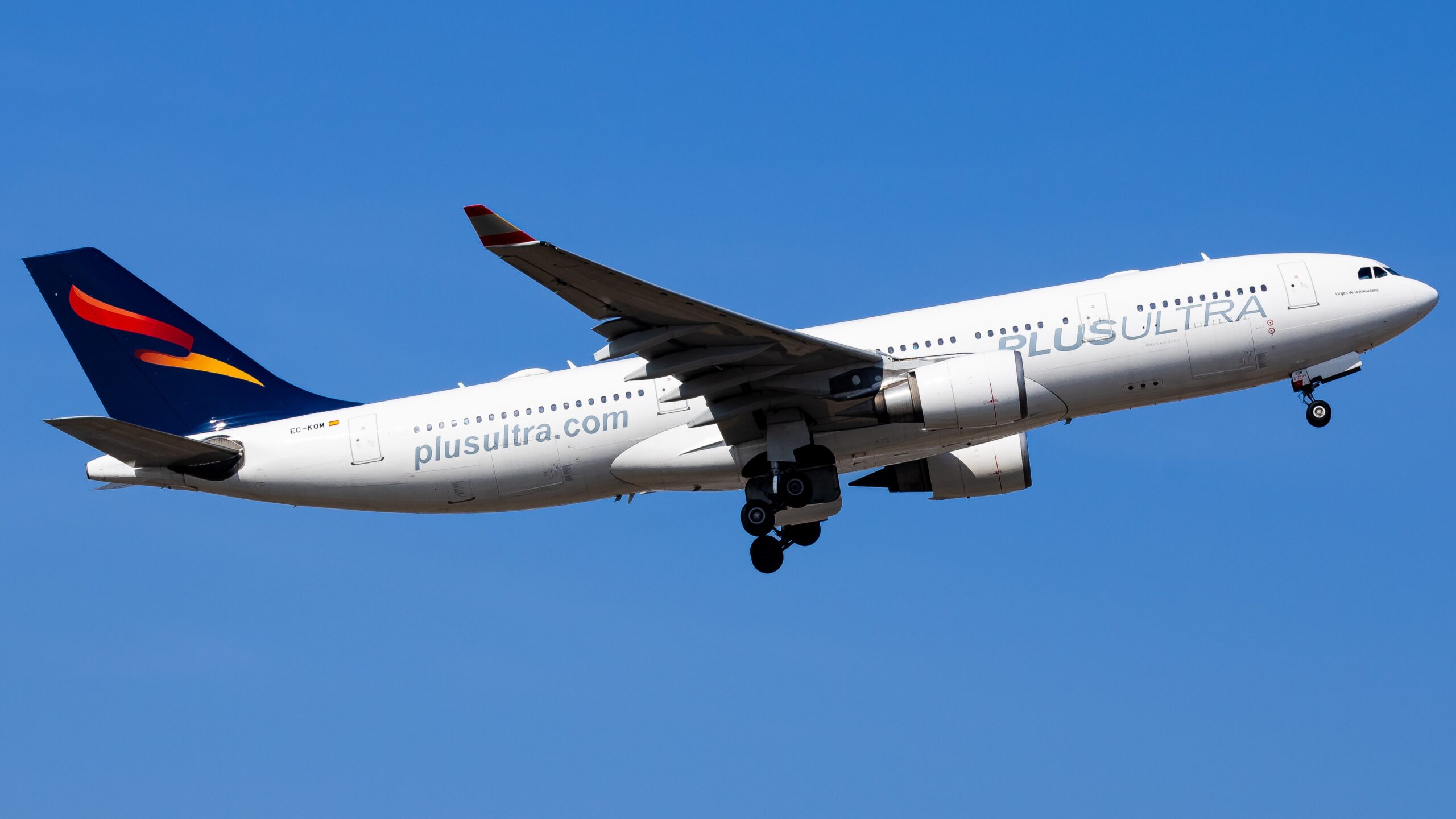In a close vote, U.S. senators voted 51-49 to reject a second War Powers Resolution on the Trump administration’s massive military buildup in the Caribbean. Photo: Guacamaya.
Guacamaya, November 7, 2025. A War Powers Resolution to block attacks on Venezuela without congressional approval was rejected in a close vote on Thursday, with 49 senators in favour and 51 against, despite various Republican senators expressing their doubts in the previous days.
This is the second War Powers Resolution vote related to the massive U.S. Naval and Air Force deployment in the Caribbean, which has already been used to attack over a dozen alleged drug boats and threaten Venezuela with military manoeuvres just off its coast and airspace.
According to sources on Capitol Hill, the Trump administration was able to triumph by previously stating that it had no intention of attacking Venezuela or carrying out any land strikes, minimising the need for such a congressional vote to take place.
All 47 Democratic senators voted in favour, this time joined by John Fetterman of Pennsylvania, who opposed the first resolution. Two Republicans, Rand Paul of Kentucky and Lisa Murkowski of Alaska, voted with the Democrats in both instances.
The run-up to the vote was filled with suspense, as other Republican senators expressed their doubts. It was even considered that Vice President JD Vance would have to take part in the session to cast a tie-breaking vote.
Three Republicans who’d been on the fence —Murkowski, Susan Collins of Maine and Todd Young of Indiana— initially held off on casting their votes, engaging in various discussions on the Senate floor. Collins eventually cast her vote against the resolution, giving opponents the 50th vote to defeat it, followed by the Indiana Republican lawmaker.
In a letter after the vote, Young said that his vote “is not an endorsement of the Administration’s current course in the Caribbean and Eastern Pacific. As a matter of policy, I am troubled by many aspects and assumptions of this operation, and I believe that it is at odds with the majority of Americans who want the U.S. military less entangled in international conflicts.”
Over 60 days, at least 17 “drug boat strikes”
In the United States, Congress alone can declare war, while the President has up to 60 days to act without notifying lawmakers if it is to defend the country from an impending attack, which is arguably not the case if the Pentagon carried out strikes in Venezuelan territory.
In mid-August, President Donald Trump ordered the use of military force against Latin American drug cartels, and is yet to seek legislative approval.
The final objective remains unclear. While the administration claims it is acting against “narco-terrorism,” it has not defined whether or not it intends to pursue regime change in Venezuela, as it claims that the country is ruled by the Cartel of the Suns and that Nicolás Maduro has sent drugs, criminals, and weapons into the United States.
The Trump administration has announced at least 17 attacks on vessels alleged to be carrying drugs as of November 7, as it claims to have killed 70 people.
At least 8 attacks would have been in the Caribbean Sea, and at least 7 in the Eastern Pacific; all but two since October 21have been carried out in the latter theatre.

